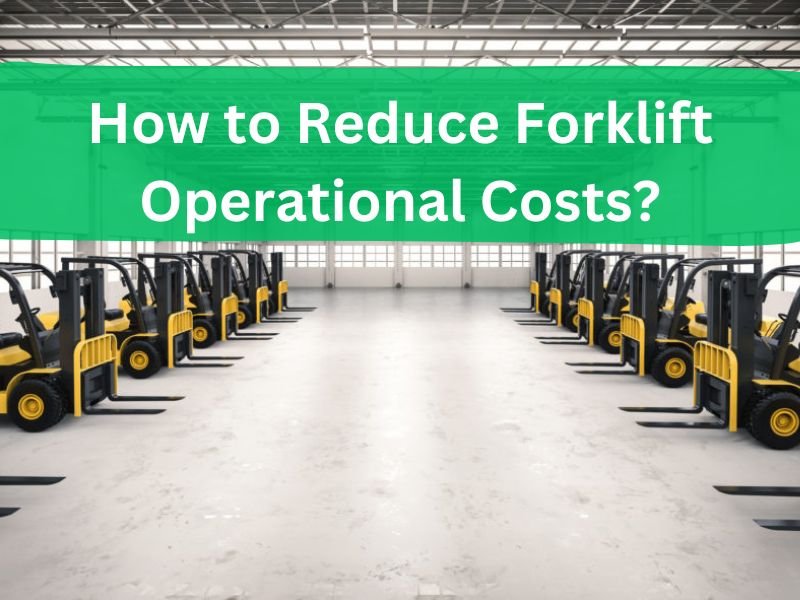How to Reduce Forklift Operational Costs? A Comprehensive Guide
In the competitive business environment of Houston and Humble, TX, reducing forklift operational costs is crucial for maintaining profitability and efficiency. Forklifts are indispensable in material handling operations, but without proper management, their maintenance costs can quickly escalate, impacting your bottom line. Local businesses specializing in forklift repair, service, and spare parts must focus on […]
How to Reduce Forklift Operational Costs? A Comprehensive Guide Read More »

